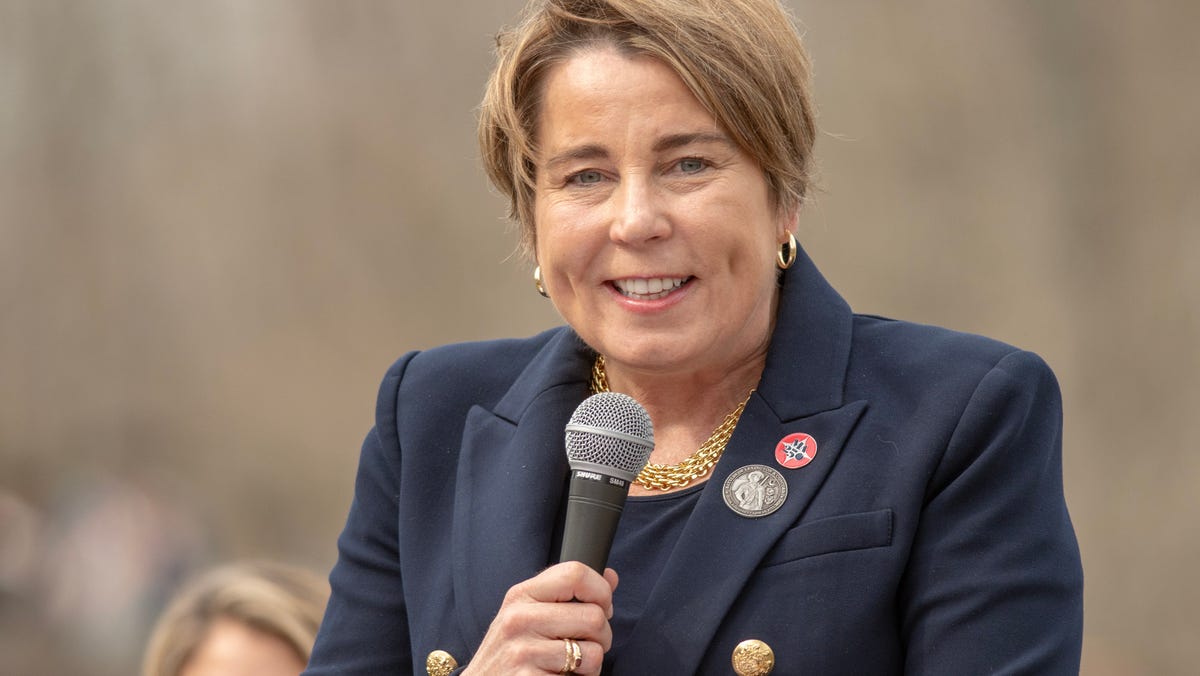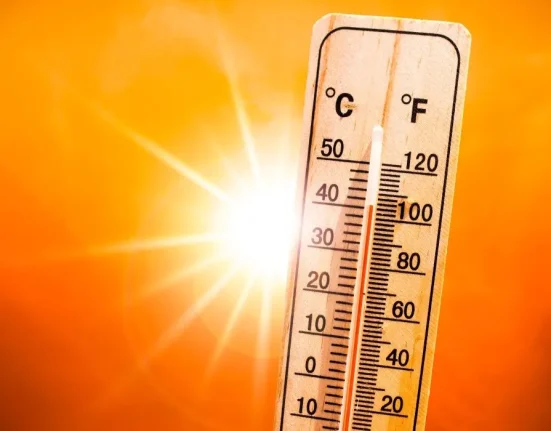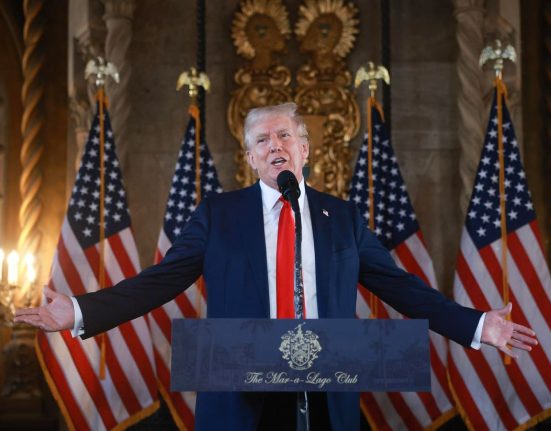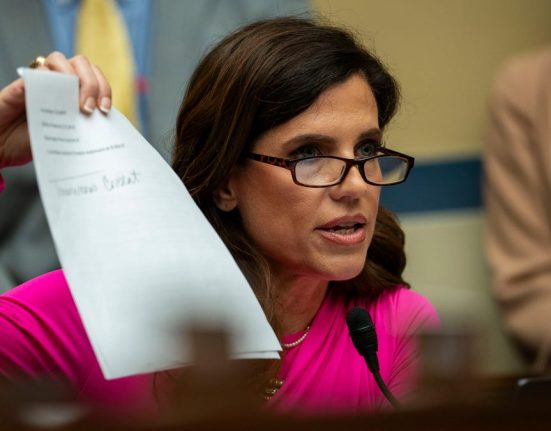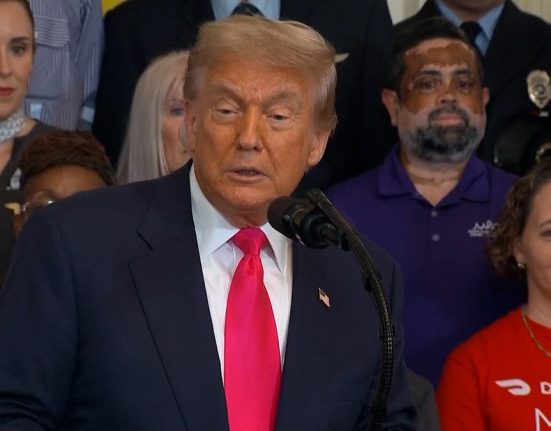As President Donald Trump passes 100 days in his second term in office, Gov. Maura Healey says she’s still willing to work with him, but called his administration “a disaster” so far.
“I said at the outset that I would work with this administration where it benefits Massachusetts, our residents, our economy, our state, but it’s become clear to me that this administration is not interested in helping people, and day after day, they seem to be doing the opposite — slashing funds, hurting people, scapegoating, targeting the vulnerable, trying to divide us as Americans,” Healey said at an event Wednesday to celebrate the culture and arts in Massachusetts.
Asked after the event if those comments meant she had changed her position and was no longer willing to work with the president, Healey said “No, my tune hasn’t changed at all.”
“Any governor in any state wants to have a good working relationship with the federal administration, and that continues to be the case,” she said. “What is also clear after 100 days is that this federal administration is finding ways to hurt our states left and right.”
Gov. Gretchen Whitmer of Michigan, a Democrat who has ties to Healey and an increasingly national profile, has been in the news recently for cultivating a relationship with Trump.
Healey visited Whitmer along with other female governors at Mackinac Island in Michigan in the summer of 2023, and Whitmer made a visit to the State House in Boston last year. The two have also publicized the group chat they are in with other women Democratic governors, where The 19th reported they’ve formed friendships, as well as just working relationships.
Whitmer has come under fire from some Democrats for fostering a closer relationship with Trump in recent weeks, taking a meeting at the White House last week and on Tuesday joining the president at Selridge Air National Guard Base in Michigan, where they reportedly hugged.
Whitmer co-chaired former Vice President Kamala Harris’s 2024 campaign against Trump, and has criticized the president in the past, but said she’s willing to work with the administration on priority goals — including on ensuring the Air National Guard base in Michigan, which supplies tens of thousands of jobs and hundreds of millions of jobs to the state, doesn’t close.
National outlets, many of which refer to Whitmer as a “probable 2028 presidential contender” have speculated about the Democrat’s political positioning, as Democratic governors around the country have tried to decide how much, or little, to work with an administration that they see as perpetrating harm.
Asked about Whitmer’s developing relationship with Trump, Healey said: “I think every governor is out there advocating for their state. I’m doing, you know, I’m doing my best to advocate for Massachusetts,” Healey said.
She continued, “You’ve got to continue to advocate, and you’ve got to point out when things aren’t going the way they should, and when your state is getting harmed.”
Healey: ‘Stand up’ and speak out
In a “town hall” streamed Tuesday night on YouTube, Healey joined fellow Democrat Govs. JB Pritzker of Illinois, Tim Walz of Minnesota and Kathy Hochul of New York to discuss the first 100 days of Trump’s second term. Healey said his this go around “is far worse than what we saw with with Trump one.”
“We need to continue to stand up to him and to speak out against what he is doing when he’s doing things that hurt people, that hurt our economy — tank our economy — are illegal and unconstitutional,” she said to the national audience.
She was asked how Democrats should think about how to “package the party” for both the midterm elections in 2026 and in the 2028 presidential election.
“I see people standing up every day around this country as more and more people are realizing the pain and the consequence of Donald Trump and what he is doing. And I just encourage people to continue to stay at it,” Healey said. “This is going to be a marathon. It’s going to take some time, and we just got to stay at it every single day.”
Healey encouraged listeners to share posts they see on social media about the Trump administration that they find important, and talk to each other about politics, because “politicians matter, but everyday Americans matter more.”

